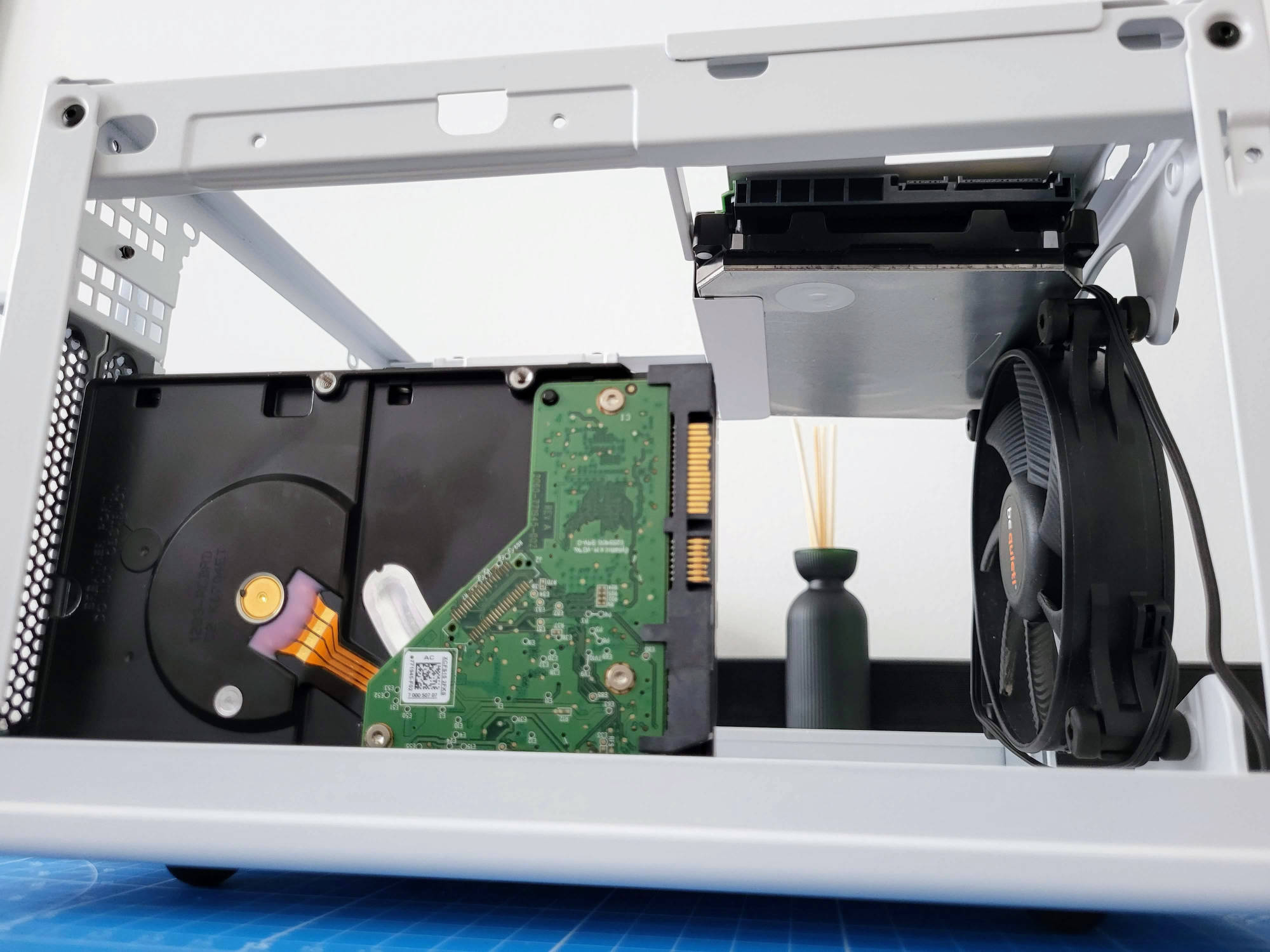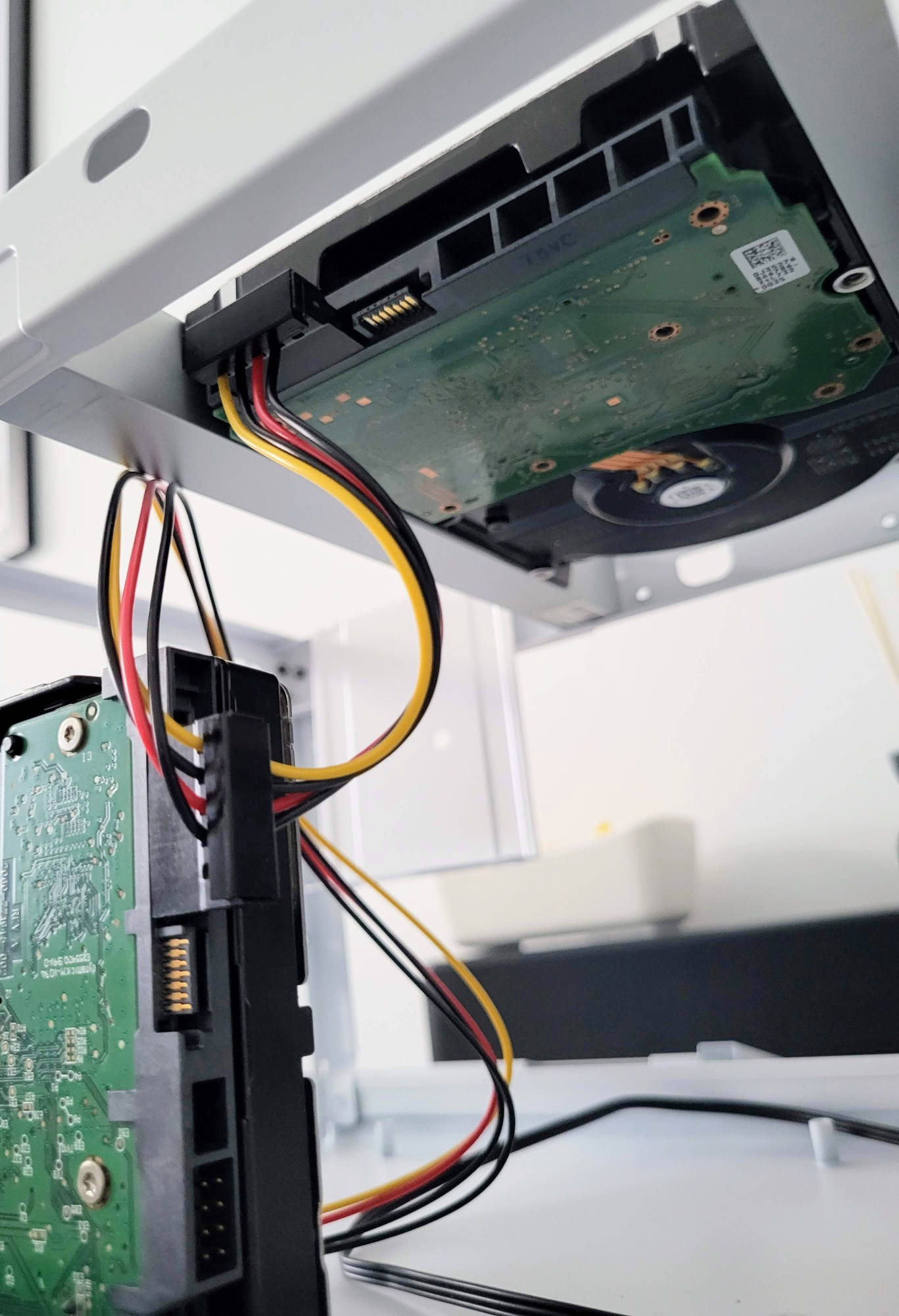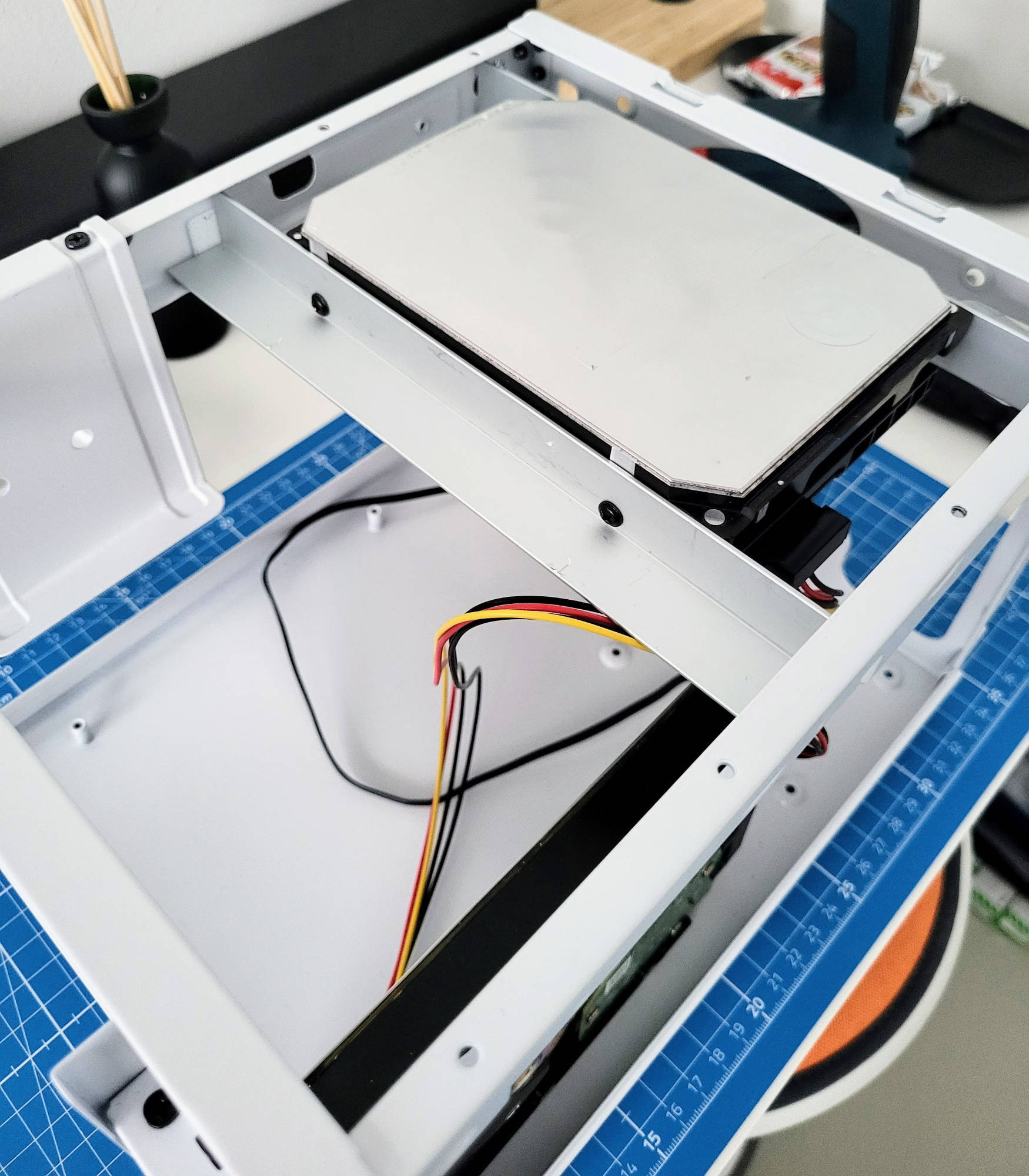Selfhosted
A place to share alternatives to popular online services that can be self-hosted without giving up privacy or locking you into a service you don't control.
Rules:
-
Be civil: we're here to support and learn from one another. Insults won't be tolerated. Flame wars are frowned upon.
-
No spam posting.
-
Posts have to be centered around self-hosting. There are other communities for discussing hardware or home computing. If it's not obvious why your post topic revolves around selfhosting, please include details to make it clear.
-
Don't duplicate the full text of your blog or github here. Just post the link for folks to click.
-
Submission headline should match the article title (don’t cherry-pick information from the title to fit your agenda).
-
No trolling.
Resources:
- selfh.st Newsletter and index of selfhosted software and apps
- awesome-selfhosted software
- awesome-sysadmin resources
- Self-Hosted Podcast from Jupiter Broadcasting
Any issues on the community? Report it using the report flag.
Questions? DM the mods!
view the rest of the comments





Just FYI for the future, you can find SATA power extender cables for just a few bucks. Just be careful to get crimped instead of injection molded
You can also build your own custom SATA power cables with some crimp connectors.
https://a.aliexpress.com/_mszyiNO
Thanks for the tip! For some reason I was searching for a similar but longer cable to the one provided but never thought to look for a SATA power extender :).
I've heard about avoiding the injection molded ones but I wanted to ask you, is it safe to power the 2 drives directly from the motherboard? The board has 2 SATA ports and the cable that comes with has 2 power SATA connectors so it should not overheat/burn the cables if they give you the option to use it? This is the board https://www.asrock.com/mb/Intel/N100DC-ITX/#Specification
I live in a constant fear of batteries catching fire, cables melting and other bad things happening when it comes to power :). That's why I tend to only buy original batteries, cables, power adapters.
The risk was poorly-made power adapters, where 2 pins could short/arc. These cables were almost exclusively injection molded and sold through cut-rate outlets like Ali Express (and Amazon resellers of them).
Technically crimped cables are not immune, but they are rarely seen with such cost cutting. Quality molded cables are also fine, but that is very difficult to recognize or verify after purchase.
The manual should tell you the power limits, and you can cross-reference the power usage of the drives. It's probably ok for normal consumer drives, but high-draw or enterprise drives could be an issue. You could also (probably) just get power from the PSU.
Unfortunately it doesn't say in the manual. It only says that if you use 4 HDDs you should use a 90W DC 19V power brick. I already ordered one, my confusion was if the 4 pin cable supports 2 HDDs but I guess since the board has 2 SATA slots and cable also has 2 SATA power connectors. I plan to most likely use 2x WD Red Plus 8TB, they use 6.2W (load), 4.1W (idle)
Thanks.
If that's the stock part, seems like it would be within spec. You can check the manual or detailed spec doc to be sure.
Also posted this above to a previous poster but you won't be notified so I will post it here as well.
Unfortunately it doesn't say in the manual. It only says that if you use 4 HDDs you should use a 90W DC 19V power brick. I already ordered one, my confusion was if the 4 pin cable supports 2 HDDs but I guess since the board has 2 SATA slots and cable also has 2 SATA power connectors. I plan to most likely use 2x WD Red Plus 8TB, they use 6.2W (load), 4.1W (idle)
Huh. Kind of surprised it supports up to four drives, but if that's what it says, there you go. Shouldn't be any risk of drawing too much current through the wire. At most the board or PSU would shut down.
Also, if you are putting more drives in, see if the BIOS lets you enable staggered spin-up, so that they aren't all peaking at the same time.
Will do, thanks!